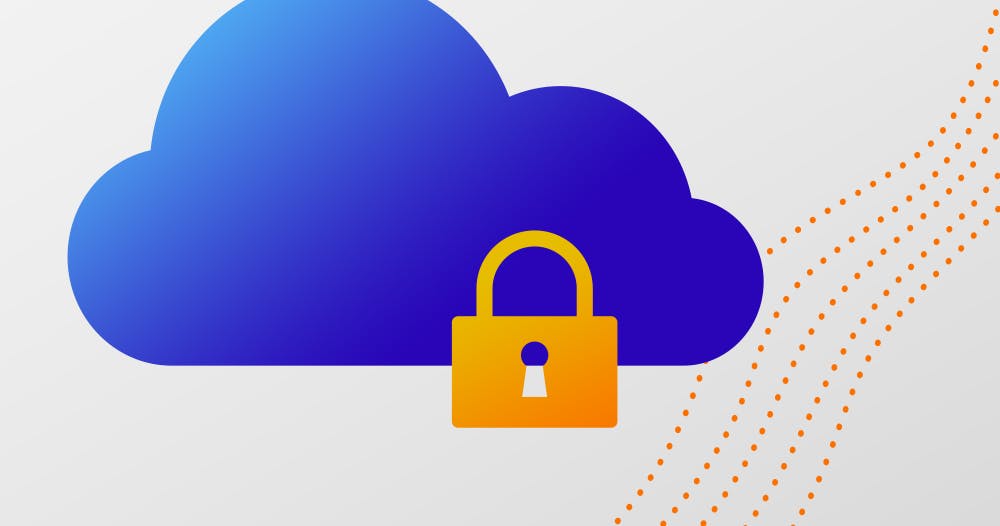
Navigating the Digital Landscape: E-commerce Security Protocols Unveiled
In the fast-paced world of e-commerce, where online transactions occur at an unprecedented rate, the importance of robust security protocols cannot be overstated. Let’s delve into the realm of e-commerce security protocols and explore the measures that underpin a safe and secure online shopping experience.
Understanding the Stakes: The Need for E-commerce Security Protocols
The vast amount of sensitive information exchanged during e-commerce transactions makes it a prime target for cyber threats. Security protocols are essential to safeguard customer data, financial details, and the overall integrity of the online shopping environment.
SSL/TLS Encryption: Fortifying Data in Transit
Securing the transmission of data between the user’s browser and the e-commerce website is paramount. Secure Sockets Layer (SSL) and Transport Layer Security (TLS) encryption protocols establish a secure connection, ensuring that sensitive information, such as credit card details, remains confidential during transit.
Multi-Factor Authentication (MFA): Adding Layers of Defense
Multi-Factor Authentication (MFA) is a crucial security protocol that adds an extra layer of protection beyond traditional username and password combinations. By requiring users to verify their identity through multiple means, such as a code sent to their mobile device, the risk of unauthorized access is significantly reduced.
Regular Security Audits: Proactive Measures for Threat Detection
E-commerce platforms must adopt a proactive approach to security. Regular security audits involve comprehensive assessments of the system’s vulnerabilities, potential exploits, and adherence to security best practices. Identifying and addressing weaknesses in the system before they are exploited is paramount.
Secure Payment Gateways: Safeguarding Financial Transactions
The backbone of any e-commerce operation is its payment gateway. Implementing secure payment gateways that comply with industry standards ensures that financial transactions are processed securely. This includes encrypting payment information and adhering to Payment Card Industry Data Security Standard (PCI DSS) compliance.
Firewalls and Intrusion Detection Systems (IDS): Shielding Against Unauthorized Access
Firewalls and Intrusion Detection Systems (IDS) act as sentinels, monitoring network traffic for suspicious activities and preventing unauthorized access. By establishing a virtual barrier, these security protocols help safeguard the e-commerce platform from potential breaches and cyber attacks.
Data Backups and Recovery Plans: Ensuring Business Continuity
In the event of a security breach or data loss, having robust data backup and recovery protocols in place is indispensable. Regularly backing up critical data and having a well-defined recovery plan minimizes downtime, ensures business continuity, and mitigates the impact of unforeseen incidents.
User Education and Awareness: Empowering the First Line of Defense
Users themselves play a crucial role in the security ecosystem. Educating customers about safe online practices, the importance of secure passwords, and recognizing phishing attempts empowers them to be the first line of defense against cyber threats.
Compliance with Privacy Regulations: Navigating Legal and Ethical Dimensions
E-commerce businesses must stay abreast of privacy regulations and compliance standards. Adhering to regulations like the General Data Protection Regulation (GDPR) not only ensures legal compliance but also fosters a sense of trust among customers who value the protection of their personal information.
Continuous Monitoring and Adaptation: A Dynamic Security Approach
The digital landscape is ever-evolving, and so are cyber threats. Implementing e-commerce security protocols is an ongoing process that requires continuous monitoring and adaptation. Staying vigilant against emerging threats and promptly updating security measures is vital for maintaining a secure online environment.
To explore the intricate world of e-commerce security protocols, visit E-commerce security protocols. Embrace these measures, fortify your online presence, and provide customers with the confidence to shop securely in the digital realm.
